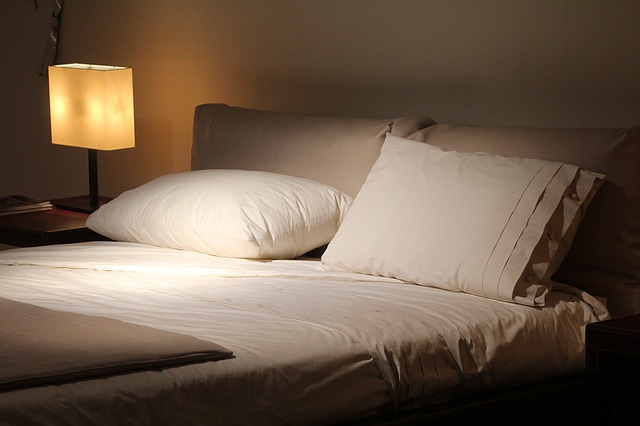A Wink Of Sleep: The Health Hazards Of Sleep Deprivation and Disruption
March 6, 2019

There’s nothing like a bad night’s sleep to make you feel achy and “out of it” the following day. If you think your joints or back hurt more after tossing and turning all night, it’s probably not your imagination. There’s new research that describes how sleep deprivation can not only intensify pain but can also block natural analgesia centers in your brain. So if you ache after a fitful sleep, there may be a biological reason for it. Grab your pillow and read more here.
But that’s not the only bad consequence of a poor night’s sleep. We now have scientific research that explains the “cleansing” of your brain that goes on during deep sleep. There’s a waste management system inside your brain that cleans out toxins while you snooze. Without the sleep, toxins build up, which may heighten your risk for Alzheimer’s and dementia. In fact, new research was just published demonstrating a direct connection between sleep apnea and the build-up of tau in the brain, one of the toxic proteins implicated in Alzheimer’s. Another recent study also made a connection between sleep apnea and heart health, especially in older women. While men suffer from sleep apnea more than women, post-menopausal women become more at risk for obstructive sleep apnea, which we now know can thicken the left ventricular wall of the heart, increasing the risk of heart failure.
Often accompanied by loud snoring, obstructive sleep apnea is categorized as reduced or even halted breathing, at least 15 times during the night, leaving a person without the deep, restful sleep necessary for good health. Given the risks to both heart and mind that come from disrupted sleep, it’s critical to find out if you (or a loved one) suffer from sleep apnea and to look for ways to diminish or disrupt its harmful effects. To find out more, rouse yourself and focus your mind on this recent comprehensive guide from The New York Times.







